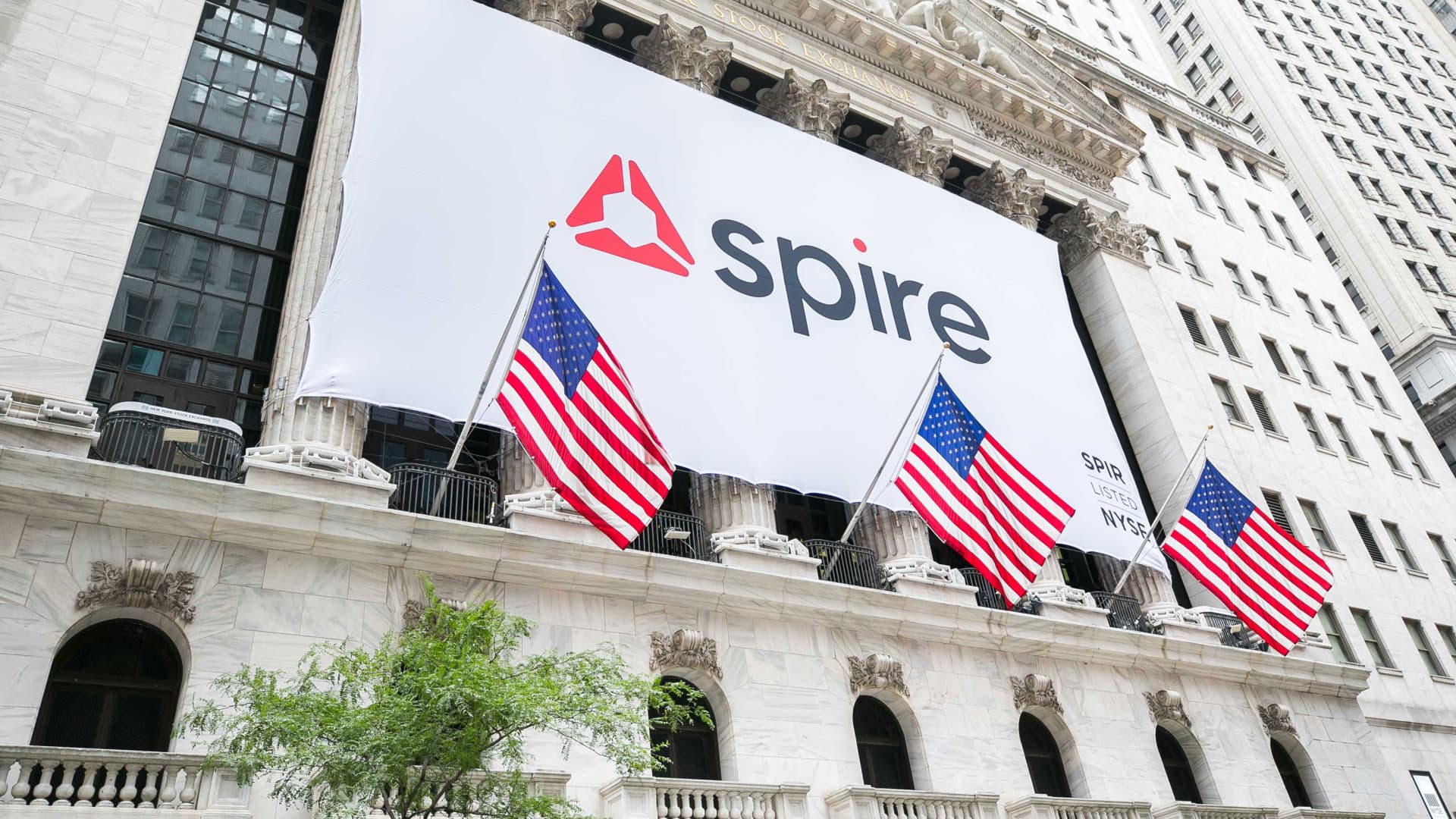Headline
A recent report by Microsoft reveals that Chinese entities are utilizing deceptive social media accounts and AI-generated content to gauge and potentially influence U.S. public opinion on divisive issues, with a focus on the upcoming 2024 presidential election.
Core Details
Microsoft’s Threat Analysis Center uncovered a shift in tactics by Chinese-affiliated groups, targeting influence operations in areas such as the South Pacific Islands, the South China Sea region, and the U.S. defense industrial base. These groups are now predominantly engaging in discussions on polarizing U.S. political topics, incorporating “polling questions” to discern voter sentiments.
The report suggests a strategic effort by China to identify key voter demographics and divisive subjects in preparation for the 2024 presidential election. Moreover, Chinese influence campaigns have integrated artificial intelligence techniques to exacerbate political rifts, as seen in instances like the Taiwanese presidential election.
Despite attempts to disseminate misinformation—such as false claims about the 2023 Maui wildfires—the success of these AI-driven efforts in swaying public opinion remains limited, according to Microsoft’s findings.
Additional Threats Identified
In addition to the Chinese threat, Microsoft highlighted ongoing cyber activities by North Korea, particularly its persistent cryptocurrency theft operations valued at over $3 billion since 2017. North Korean cyber attackers are also intensifying intelligence gathering efforts targeting the U.S., South Korea, and Japan. Microsoft is actively collaborating with OpenAI to disrupt the operations of a North Korean entity known as Emerald Sleet, which has been leveraging AI for its malicious activities.
Background Insights
Microsoft’s report underscores the increasing adoption of artificial intelligence by state-sponsored groups like Russia and China to enhance cyber operations. While concerns persist regarding the potential misuse of AI tools for hacking, the current focus appears to be on leveraging AI for productivity gains in cyber activities.
The use of social media platforms for political manipulation has been a recurring theme, notably exemplified by Russian interference in the 2016 U.S. presidential election. Microsoft’s cybersecurity efforts have also been under scrutiny, with recent incidents involving cyber breaches attributed to Russian and Chinese-affiliated groups.
Related Development
Elon Musk’s announcement of plans to combat bot accounts on his social media platform X (formerly Twitter) aligns with the broader industry struggle against fake accounts. The challenge of controlling the proliferation of such accounts remains a persistent issue for social media platforms.










